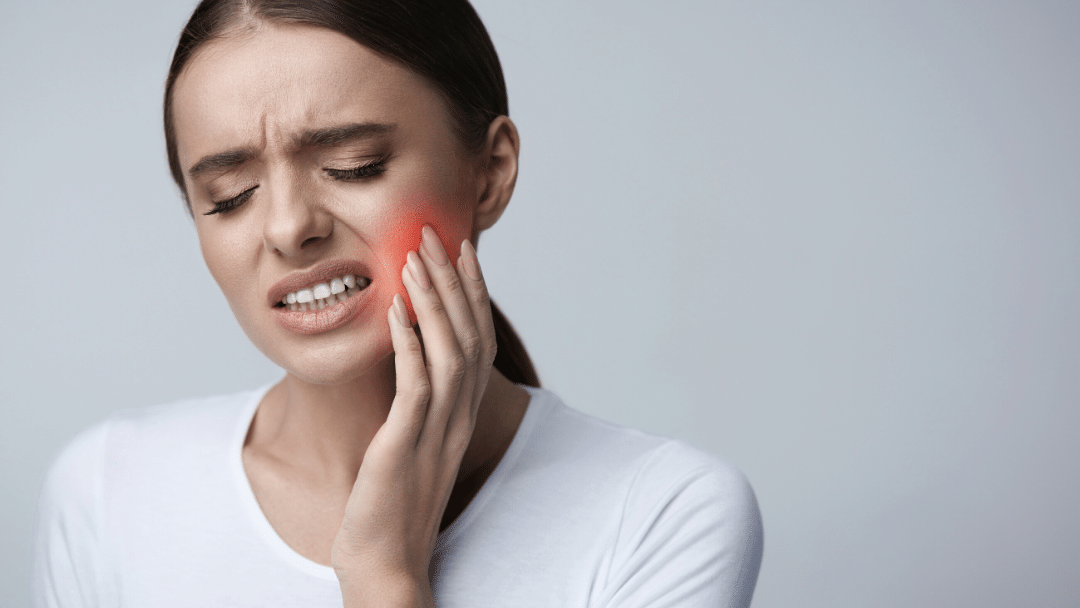The spread of COVID-19 continues to affect us all. With the uncertainty of what is yet to come as a result of this pandemic, we continue to monitor the situation and remain focused on the health and safety of the patients we love, our dedicated staff, our community, and our families.
In accordance with the latest recommendations from the ADA (Australian Dental Association), and to make sure we are doing our part to prevent unnecessary exposure to our patients and staff ads well as the further spread of the virus, we will be deferring all routine dental treatments and restricting appointments to urgent treatment and emergencies only.
In this post, we’ll address a common patient concern regarding grinding of the teeth.
Teeth Grinding – What it is and What to do About It
Clenching and grinding teeth can seem like an annoying habit, but there’s much more to it. For most people, stress is the main cause. Although it’s a common problem, the current pandemic may cause it to worsen. If you’re stressed about your health, and worried about your loved ones, you may find yourself grinding your teeth even if you never did it before. This is why it’s especially important for it to be addressed in this blog.
We can start by learning about some of the effects that can result from clenching and grinding:
- You may develop jaw pain. The reason this occurs is grinding causes your jaw muscles to tighten. Think of it as similar to when you tense your neck. Your neck muscles can develop knots. The same problem can occur in your jaw when you frequently clench and grind your teeth.
- You may develop a sore neck and headaches. The reason for this is some muscles are connected to your neck and head.
- As clenching and grinding puts a considerable amount of pressure on your teeth, one or more of your teeth may crack.
- Grinding for a long period of time can harm your teeth. It can damage your tooth enamel, and may even wear your teeth down. Grinding can also cause your teeth to become loose. You may lose teeth that are otherwise healthy.
What to Do About Grinding Teeth?
What can you do about teeth grinding? It’s not impossible to break this habit, but it does require motivation and commitment. When you know how important it is to stop, some tips can help you succeed.
- Try to reduce the stress in your life. It may not be easy, but you can do it! There are many different methods for stress reduction, and at least one will work for you. You can practice yoga, read, meditate, or take a long walk. When your body and mind are relaxed, it’ll relieve stress.
- Grinding at night can be controlled with a night splint. Make sure to insert the splint every night at bedtime. If you don’t have one, you can ask Dr Hoffenberg during your next visit.
- Use KTA cards! This simple approach really works! Write these letters on notepads, and place them where you spend most of your time. KTA stands for Keep Teeth Apart; these little notes can be a reminder to relax your mouth throughout the day.
Grinding doesn’t need to ruin your teeth or your health. If you want more information, give us a call at (02) 8599 7107. We can help you overcome this habit.
The ADA’s website can be reached here: Australian Dental Association

